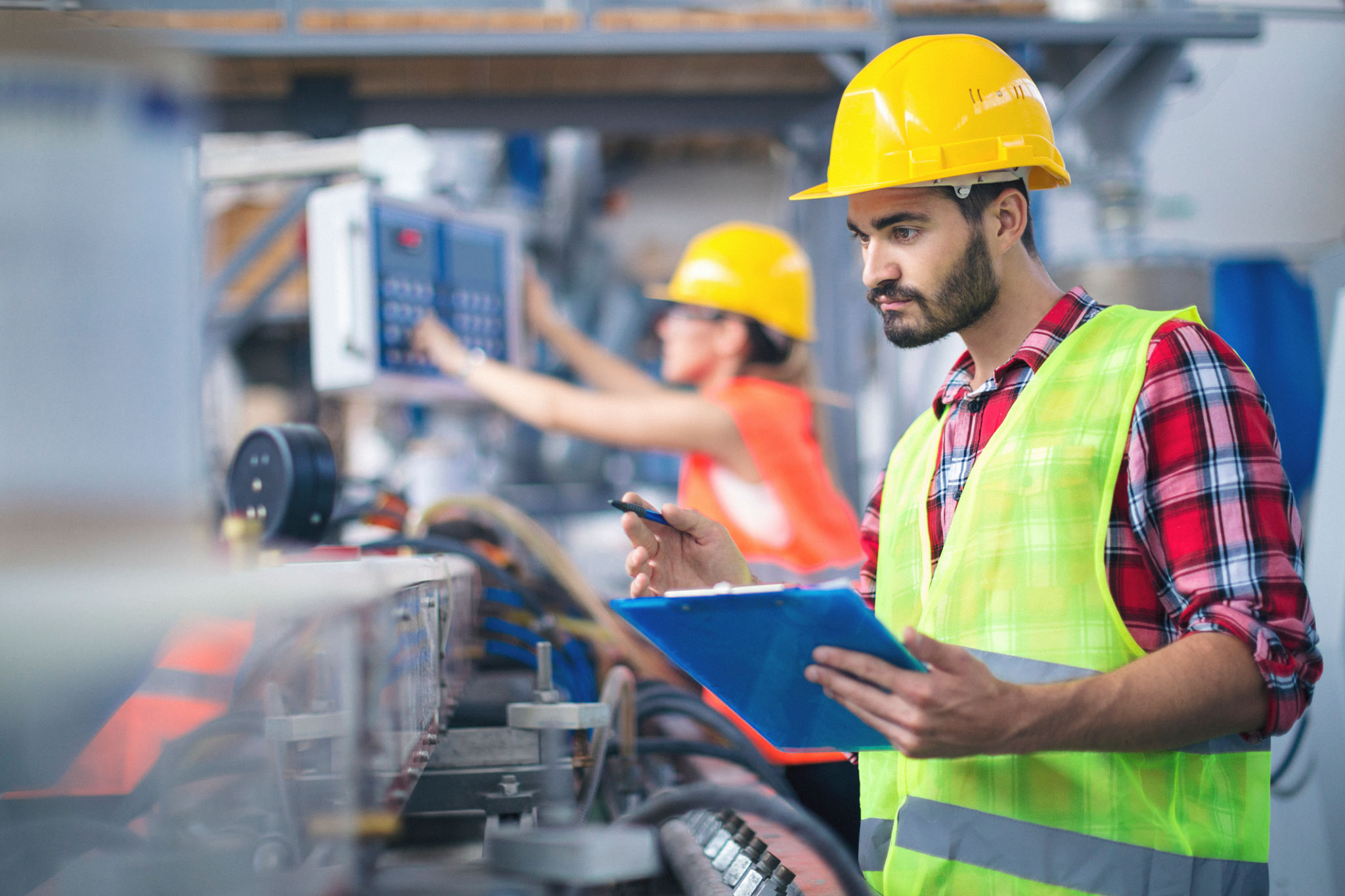Exploring the Latest Innovations in Artificial Intelligence for Manufacturing
The Rise of Artificial Intelligence in Manufacturing
In recent years, the manufacturing industry has been witnessing a significant transformation, largely driven by the integration of artificial intelligence (AI) technologies. AI is revolutionizing the way manufacturers operate, offering unprecedented levels of efficiency, accuracy, and productivity. From predictive maintenance to quality control, AI is reshaping manufacturing processes across the globe.
Manufacturers are leveraging AI to gain a competitive edge by optimizing production processes, reducing downtime, and minimizing waste. This shift towards AI-driven manufacturing not only improves operational efficiency but also enhances product quality, ensuring that manufacturers meet the ever-increasing demands of consumers.

Predictive Maintenance: Minimizing Downtime
One of the most impactful applications of AI in manufacturing is predictive maintenance. By utilizing machine learning algorithms, manufacturers can predict equipment failures before they occur. This proactive approach ensures that machinery is serviced at the optimal time, reducing unexpected breakdowns and minimizing downtime.
Predictive maintenance relies on analyzing vast amounts of data collected from sensors embedded in manufacturing equipment. The insights gained from this data enable manufacturers to schedule maintenance activities more efficiently, ultimately saving time and resources. As a result, plants can maintain continuous operations, leading to increased productivity and reduced operational costs.

Quality Control and Assurance
Another critical area where AI is making a significant impact is in quality control and assurance. AI-powered systems use computer vision and deep learning algorithms to inspect products with remarkable precision. These systems can identify defects or inconsistencies that might be missed by human inspectors.
By automating the quality control process, manufacturers can ensure that only products meeting stringent quality standards reach the market. This not only enhances consumer satisfaction but also reduces the costs associated with product recalls and returns. Moreover, AI-driven quality control systems can operate continuously, providing real-time feedback and enabling manufacturers to make immediate adjustments to production processes.

Streamlining Supply Chain Operations
AI is also transforming supply chain operations in the manufacturing industry. With the help of AI algorithms, manufacturers can optimize inventory management, demand forecasting, and logistics planning. This leads to more efficient supply chain operations, minimizing delays and ensuring timely delivery of products.
AI-driven supply chain solutions provide manufacturers with a comprehensive view of their operations, enabling them to anticipate potential disruptions and respond proactively. By leveraging AI, companies can improve their decision-making processes, reduce excess inventory, and enhance customer satisfaction through timely deliveries.
The Future of AI in Manufacturing
The future of AI in manufacturing looks incredibly promising. As technology continues to evolve, manufacturers are expected to adopt even more advanced AI solutions to drive innovation and remain competitive in an ever-changing market. Areas such as generative design, autonomous robots, and intelligent automation are likely to see significant advancements.
With the continuous development of AI technologies, manufacturers will be able to create more sustainable production processes that minimize environmental impact while maximizing efficiency. The integration of AI into manufacturing is not just a trend; it is a fundamental shift that is redefining how products are made, delivered, and consumed worldwide.

